Renault’s increasingly wide range of off-the-shelf van conversions appears to be helping the firm gain a wider footprint in the fleet market.
Scottish plant and van hire firm Jarvie Plant Group has recently acquired 30 Renault Master Wellbus welfare van conversions, which it rents out to customers with crews working in locations where there are no facilities.
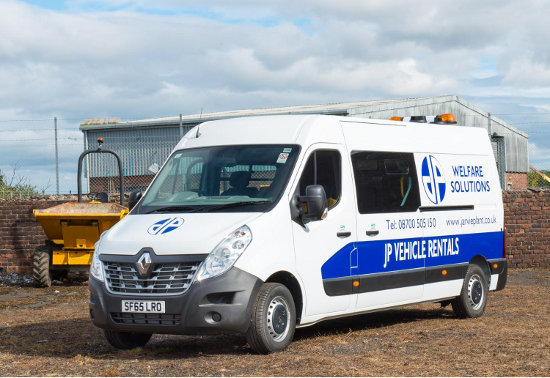
One of Jarvie Plant’s new Renault Master Wellbus conversions. The Wellbus is the latest addition to Renault’s type-approved range of conversions, which can be ordered directly from Renault dealers.
Modern health and safety legislation mean that the days of Thermos flasks and taking a wee behind the nearest tree are fast disappearing… Jarvie says that the new Wellbus conversions are proving very popular with its customers. If demand stays firm, the company expects to order more.
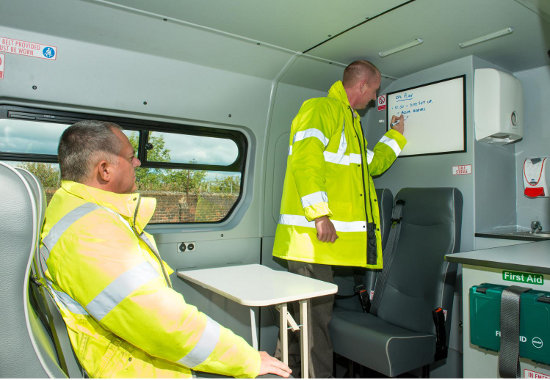
Each van is equipped with five crash-tested passenger seats in the rear compartment, along with full mess facilities. That means microwave, water heater, tea boiler and a sink with washing facilities.
In a seperate compartment at the rear of the van, there’s also a toilet with additional washing and drying facilities. The rear compartment is fully heated and finished with a waterproof spray-on coating, which means it can be hosed down for cleaning when needed.
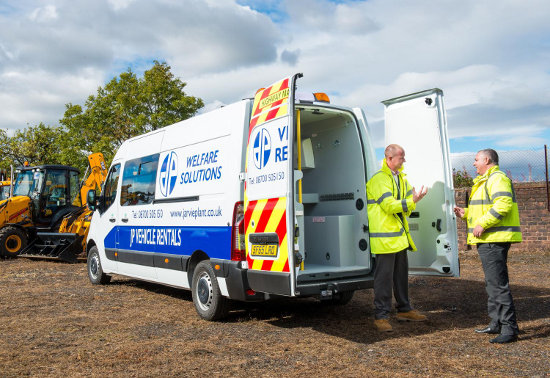
The rear compartment of the Wellbus contains a toilet plus washing and drying facilities.
The Master Wellbuss conversion was launched at this year’s CV Show and is based on the long wheelbase, front-wheel drive Master.
Jarvie’s Wellbuss conversions are powered by a 2.3-litre dCi 125 diesel and specified with Renault’s Business trim level. This includes DAB radio, Bluetooth, ESC with Hill Start Assist and Grip Xtend, electric front windows and electric door mirrors. Like all Renault commercial vehicles, the Master Wellbus also includes a 4-year/100,000 mile warranty.
Like all such factory-backed off-the-shelf conversions, the Master Wellbus has full European type approval.


 Will van drivers be subject to additional regulation and training requirements in the future, as lorry and bus drivers already are?
Will van drivers be subject to additional regulation and training requirements in the future, as lorry and bus drivers already are?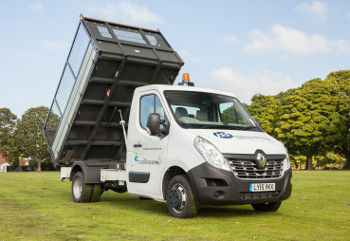
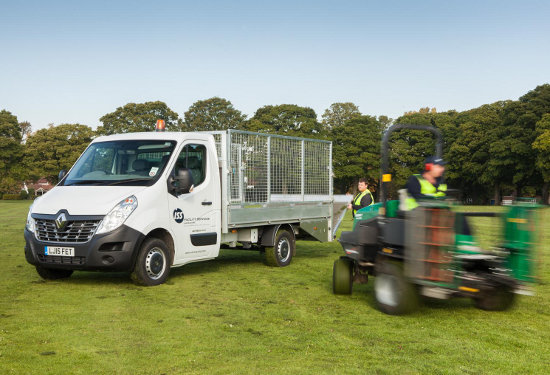
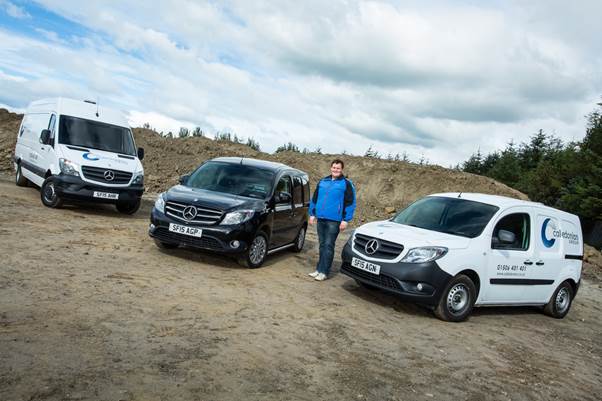
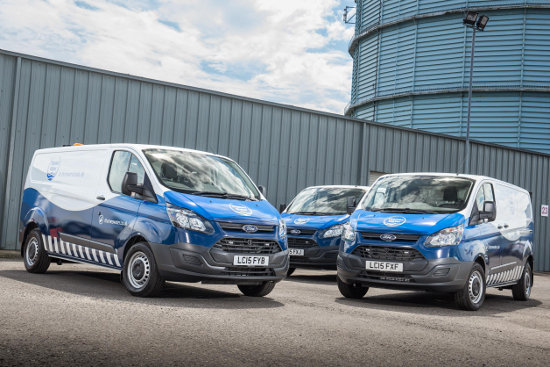
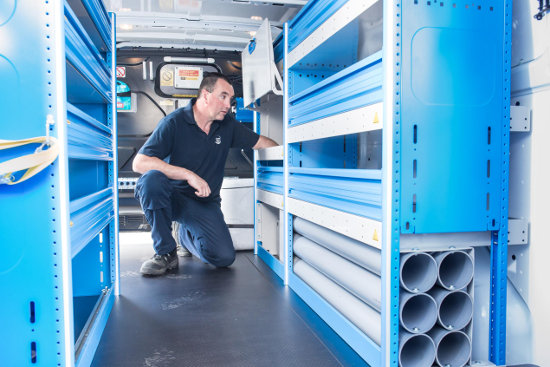
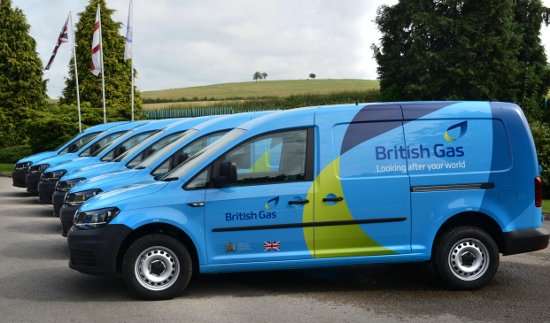
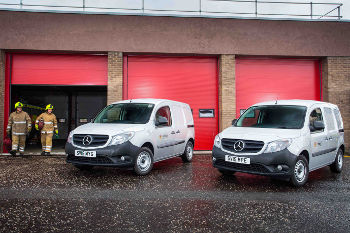
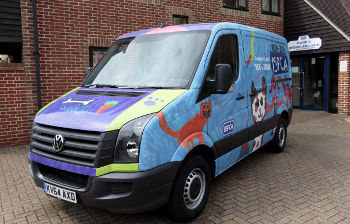 The RSPCA has taken delivery of six new Volkswagen Crafter vans, customised to carry up to nine animals in individual cages.
The RSPCA has taken delivery of six new Volkswagen Crafter vans, customised to carry up to nine animals in individual cages.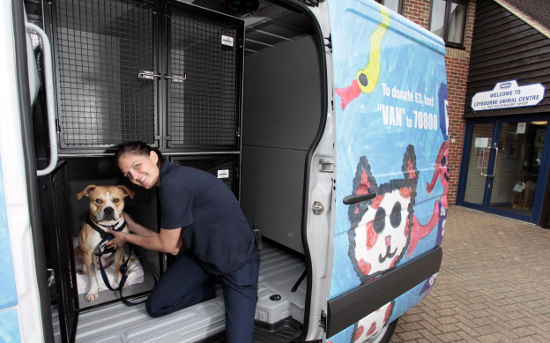
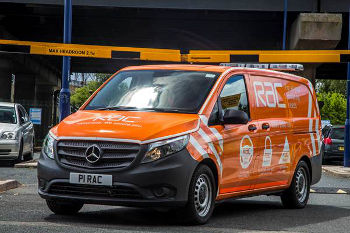 The RAC has just taken delivery of the first right-hand drive
The RAC has just taken delivery of the first right-hand drive 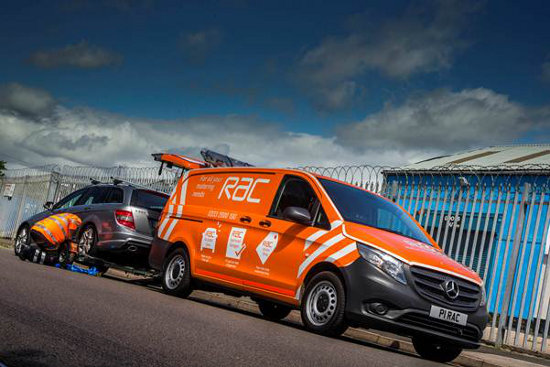
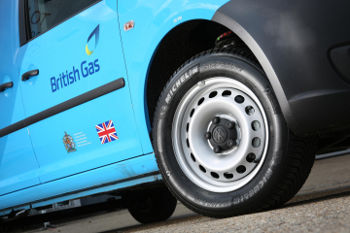 I’m a huge fan of all-season tyres. For the majority of UK motorists, switching between summer and winter tyres twice a year just isn’t worthwhile.
I’m a huge fan of all-season tyres. For the majority of UK motorists, switching between summer and winter tyres twice a year just isn’t worthwhile.